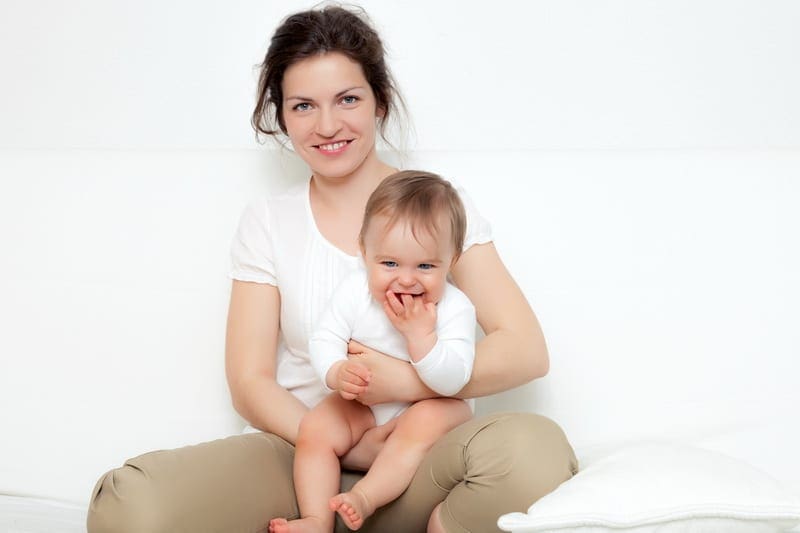If you think you may be pregnant, it is important to be aware of the early signs and symptoms of pregnancy. Although every woman’s experience is different, there are some common early signs of pregnancy that you should be aware of. These include fatigue, nausea, digestive problems, breast tenderness, and mood swings. If you are experiencing any of these symptoms, it is important to take a pregnancy test and see your doctor to confirm your pregnancy.
If your periods are late or irregular, and you have been having sex, you should see your doctor or take a home pregnancy test. Missing or delayed menstrual cycles are the most commonly experienced signs of pregnancy, as following conception, typically women will experience little to no blood flow. Implantation bleeding is another prevalent sign of pregnancy, reported to be experienced by 20%-30% of women.
This is called implantation bleeding, and it occurs when the embryo is implanting itself into the uterine wall. This usually happens around 6–12 days after conception.
Menstrual changes, spotting, and cramping can all be early signs of pregnancy. If you experience any of these changes, it’s important to take a pregnancy test and speak with your doctor.
During early pregnancy, you may experience symptoms such as fatigue, breast tenderness, and nausea. These symptoms can occur within one week of conception, as your hormones immediately respond to the pregnancy.
Hormonal changes during pregnancy can cause fatigue, even if you’re getting enough rest. Your body is preparing to produce milk, which can cause breast tenderness, swelling, or darkening of the skin around the nipple.
It’s not uncommon for women who are pregnant to feel nauseous, or “morning sickness.” With morning sickness, you may feel queasy when you first wake up and eat breakfast. In addition to nausea, you may also faint or feel dizzy. These can be early signs of pregnancy.
If your body’s blood sugar becomes the main source of food for the fetus, you may experience side effects such as lightheadedness, dizziness, and headache. To avoid these potential problems, be sure to eat every few hours and keep your blood sugar level stable.
If you are pregnant, it is important to remember to eat small meals frequently to keep the fetus well-fed. Eating small meals helps to prevent nausea and vomiting, which are common during pregnancy. It is also important to get plenty of rest and to drink plenty of fluids.
Common signs of early pregnancy include cramping and frequent urination. Cramping is caused by the sudden pressure of the uterus on the bladder. Frequent urination is caused by the increased blood flow to the pelvis and by the pressure of the growing uterus on the bladder.
Many women report suffering from headaches and extreme backaches in early pregnancy. The headaches experienced in early pregnancy are usually mild and go away on their own. If the headaches are very bad, and you also have nausea and vomiting, it’s important to see a doctor. This could mean there’s a more serious problem. The backaches experienced in early pregnancy are caused by the rapid increase in hormone activity and the weight of the growing uterus. These can usually be relieved with over-the-counter pain medication and by using a supportive pregnancy pillow when sleeping or resting.
Nearly half of all women report experiencing back pain as an early sign of pregnancy. This is caused by a variety of factors, including weight gain, pressure on the womb, and loosening of joints and ligaments.
If you think you might be pregnant, it’s important to take a pregnancy test. But how do you know if you’re really pregnant? Here are some early signs and symptoms of pregnancy: missed period, nausea or vomiting, fatigue, bloating, breast tenderness, headaches, and mood swings.











